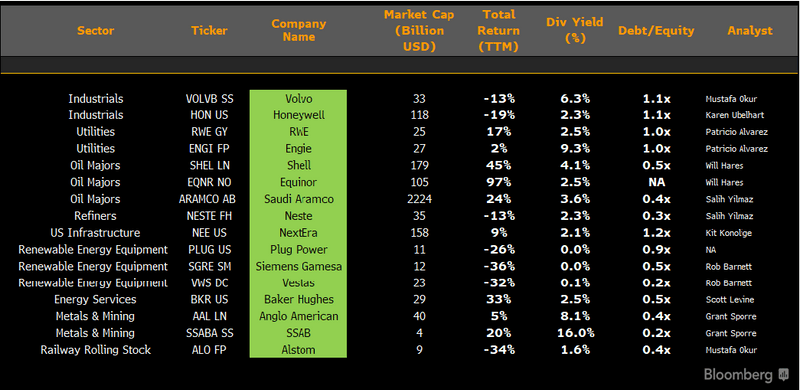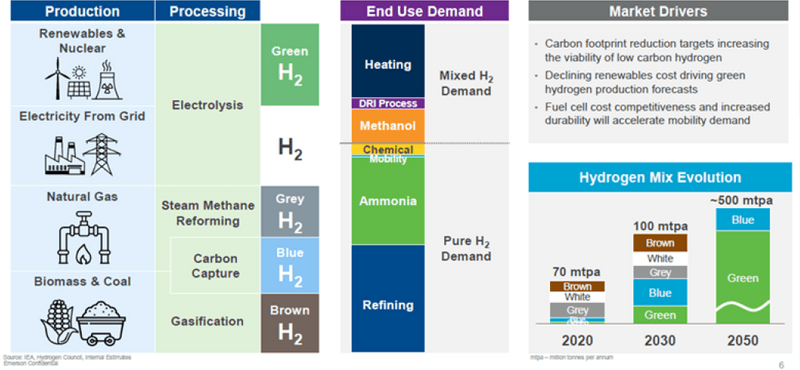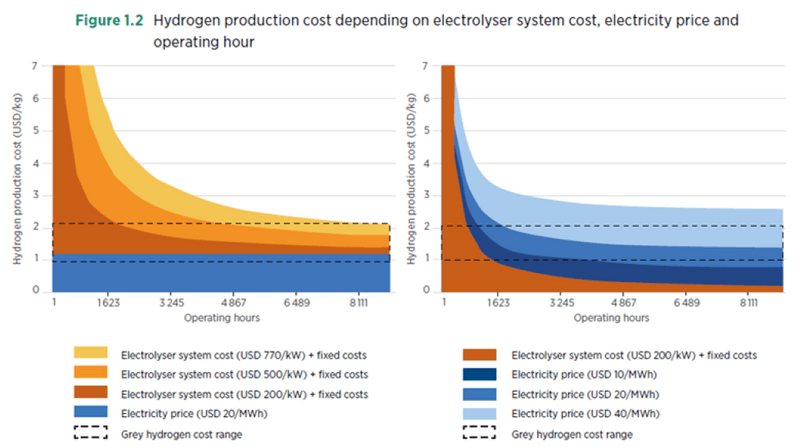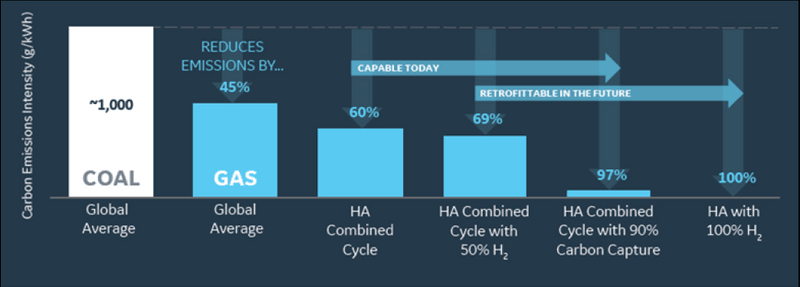This analysis is by Bloomberg Intelligence Director of Market Structure Research Larry R Tabb and Associate Analyst Jakub Busz. It appeared first on the Bloomberg Terminal.
Inflation, higher interest rates and war are pushing European asset managers to restructure investment choices and pressuring buyside traders to increase broker commissions, the tools of choice for both players. European equity commissions are expected to increase 15.8% to £2.6 billion this year, as traders reduce the number of brokers they use by 6% and almost double the amount of flow they concentrate among their five largest brokers.
This is the first of four trend pieces and a dozen reports overall from Bloomberg’s 2022 Euro Institutional Equity Trading Study.
Inflation, war help fuel Euro equity trading, hike commissions
War in Europe, inflation altering investment metrics and Covid-19 changing the workplace have institutional equity traders busier than ever. Head and senior traders responding to Bloomberg’s second European Institutional Equity Trading Study are paying more in commissions, based on higher interest rates and increased volume. We surveyed traders from 93 funds this year, 7% more than in 2021.
European institutional equity commissions jump 16%
European institutional equity commissions are estimated to increase by 15.8% to £2.6 billion in 2022, based on data collected from 93 head and senior equity traders. That follows gains of 8.8% in 2021 and 9.2% in 2020. We’ve seen dramatic shifts in investment strategies and liquidity demand following the onset of Covid-19, lockdowns in 2020, pandemic-driven economic uncertainty in 2021, and this year’s inflation and supply-chain concerns. Greater volatility pushes active managers to rethink portfolio composition and increase trading activity.
Institutional European equity commissions (Est.)

Growth in Euro equity value traded up 21% in 2022
The twin hammers of inflation and central bank policy changes have roiled global markets, pushing average daily European equity volume up 21.3% through midyear. Even as economic events have prodded managers to rebalance portfolios, we also see the effects of the war in Ukraine shifting liquidity patterns, as equity volume in Warsaw declined by 6.5% while value traded rose more than 50% in in Prague and Budapest and 27% in Vienna, the traditional gateway to eastern Europe. EuroNext’s 2019 acquisitions of Oslo and Dublin also seem to be paying off, as volume in those two markets was up over 40% from 2021.
Pan-European equity volume 2019-22

Institutional equity rates rise 23% to 4.48 bps
Not only has volatility pushed up European equity volume, but investors are paying brokers more to trade, as blended rates increased to 4.48 bps from 3.46 bps last year. The majority of the increase is from smaller asset managers, with midsize firms upping their average blended commission rate by 21.2% to 3.87 bps, and smaller funds paying up 41.9% to 5.04 bps. Larger managers, who are still paying above average rates, only boosted their blended figures by 6.4%. These higher rates reflect greater liquidity and service demand on brokers by managers during a period of high volatility.
Average blended rates – Institutional equities

EU investment managers boost research spending 8%
Volatile markets don’t affect all investments equally, as the recent selloff has touched firms with a greater need for low interest rates more than others. These and other insights have driven managers to increase demand for investment research, and though head traders often disparage broker research, they’re buying more of it. Bloomberg calculates that European asset managers will boost research budgets by 8% in 2022 to £806 million. This follows 8% spending increases in 2021 and 2020 and a 50% drop from 2015-19 when these firms began internalizing research spending as MiFID II forced managers to pay for it out of pocket.
European equity research spending (Est.)

Issuance of sustainability-linked bonds is likely to fall short
Primary issuance for sustainability-linked bonds through 1H has slightly exceeded the same period in 2021, but most likely won’t be able to keep pace. That’s because 2H21 issuance was 78% higher vs. 1H21. It would be difficult for a repeat as higher rates, increased volatility and inflationary pressures disrupt primary markets.
Sustainability-linked bond issuance
